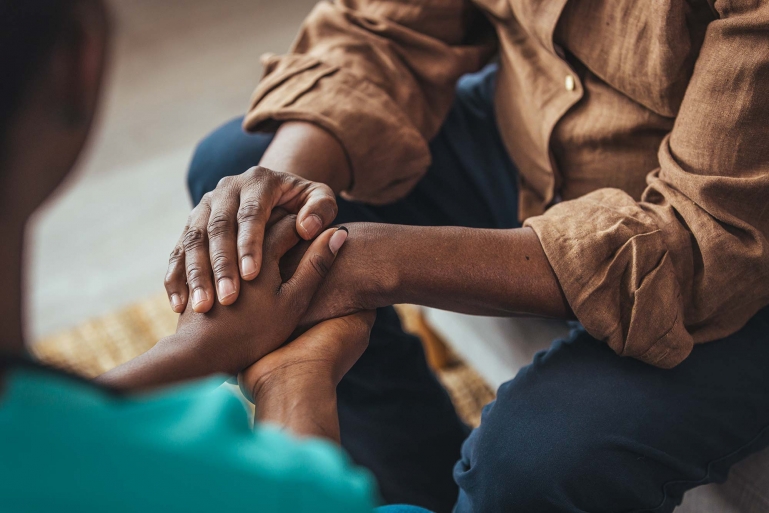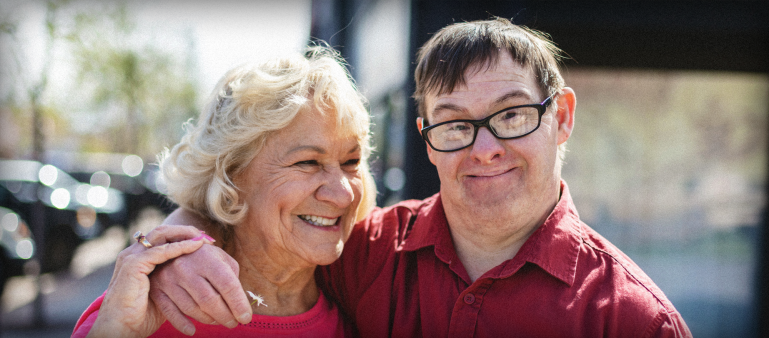2022 Annual Report - Conservatorship

2022 Annual Report - Conservatorship
Advocacy Victories Conservatorship
All People with Disabilities Should Have the Power to Determine the Course of Their Own Lives
Behind every effort to take choice, autonomy, and control away from a historically marginalized group are the assumptions that only certain people are entitled to make decisions for themselves, and that a dominant group should get to determine what’s best for everybody else.
At Disability Rights California, we believe that:
- People are the experts in their own lives, including and especially marginalized people.
- Instead of telling marginalized people what’s best for them, our systems should be listening to them, lifting them up, and giving them the support they need to direct the course of their own lives.
- Self-determination does not mean being able to do everything on your own. It means getting to have the final say in your own life—that you can make things happen if you want them, or keep things from happening if you don’t want them.
- The power to make decisions about your life, and to have others honor those decisions, is not a privilege to be earned or reserved for a select few, but a fundamental human right.
- People with disabilities deserve to have support and assistance to make their own decisions, consistent with their own preferences and beliefs. Conservatorship interferes with this right by putting the conservator, and the court, in charge of the person’s life and decisions.
- Although the law says conservatorship should be used as the very last resort under very limited circumstances, in practice, it is all too often turned to as a first resort for people with intellectual and developmental disabilities.
- California must do more to strengthen and expand access to less restrictive alternatives, like Supported Decision-Making, make it easier to review and get out of conservatorships, and improve oversight of conservators.
Client Story DRC Advocates for Aiden to Retain his Independence
Aiden’s mother contacted Disability Rights California’s Office of Clients’ Rights Advocates (OCRA) because he needed help withdrawing a petition for conservatorship for her adult son. She told OCRA she felt pressured to file for a conservatorship by service providers.
In an interview with OCRA Clients’ Rights Advocate Tania Schloss, Aiden said he wanted to retain his independence, and was interested in alternatives that would allow him to get support from his mother, while keeping his right to make decisions in his own life.
- OCRA educated Aiden and his family on alternatives to conservatorship, including power of attorney and supported decision-making.
- OCRA also spoke with the court investigator -- who investigates potential conservatorship cases -- urging him to support Aiden’s mother in withdrawing her petition so Aiden could pursue these alternatives.
- OCRA submitted a letter to the probate judge supporting this goal.
“I think my letter was compelling because I made it known to the judge that just because someone has a disability doesn’t mean they need a conservatorship,” Tania Schloss said. “I think that really struck him. Especially because he read that letter out loud.”









